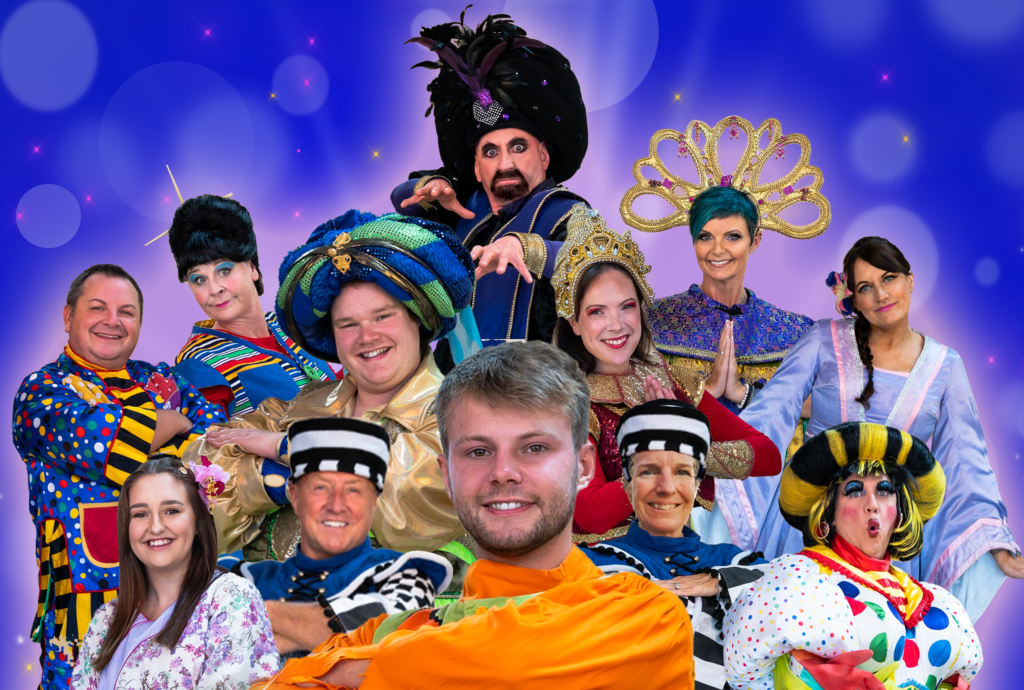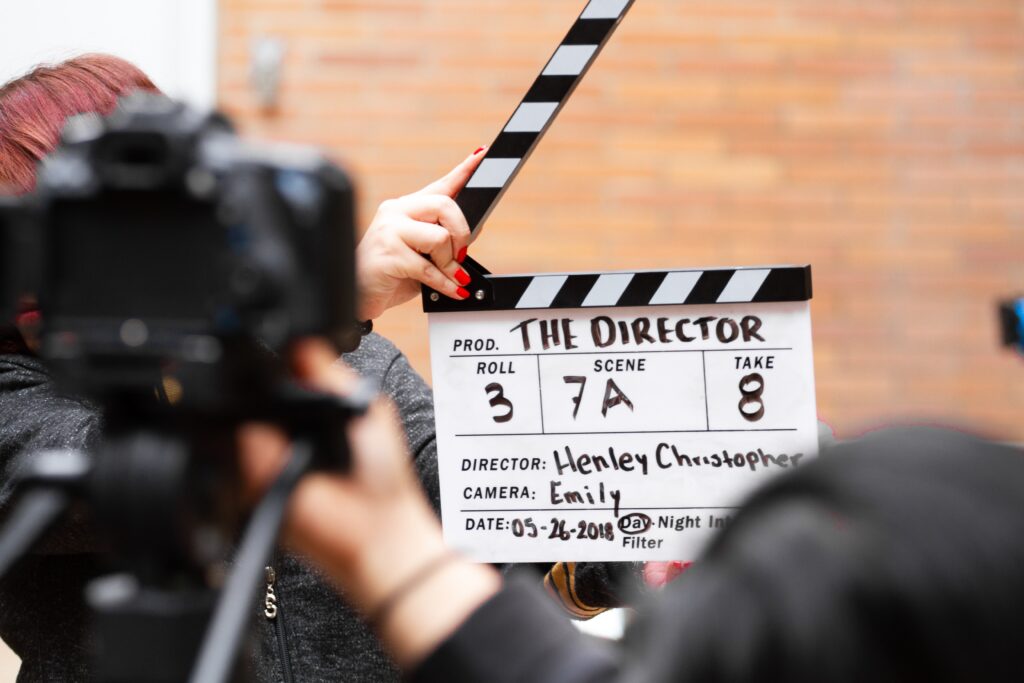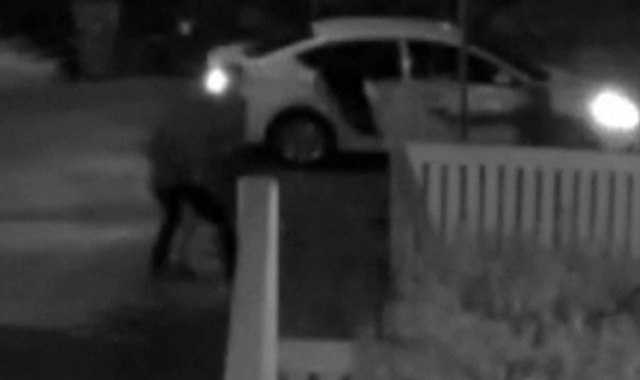The Who on splitting up, Brexit and why Ed Sheeran shouldn’t be sued
Written by News on 17/03/2019
Their music defined a generation, but despite a string of top 10 hits in the 60s, acclaimed live performances and a successful rock opera and film in the 70s, The Who went their separate ways in 1983.


Or so we thought.
Founder and frontman Roger Daltrey tells Sky News: “We didn’t ever really split up. It was a necessary departure for a few years, because we had problems to solve, musical problems in the band. But we got over it, Pete [Townshend] and I, it runs deep together. It’s been said we split up – we didn’t.
“I just announced that this was going to be our last tour because I was very worried about Peter at the time, he was coming out of bad alcoholism and all kinds of stuff, all kind of naughties.
“And he cleaned himself up, and I just thought if we go back on tour and keep doing this, it’s going to kill him. And I love him, I don’t want that to happen. So there’s all these things that go on but it doesn’t mean that we split up. It’s never meant that.”
Some 55 years after forming, did they ever expect to be performing together once again at Wembley Stadium?
Daltrey admits: “Quite simply, no. We didn’t used to think we’d last ’til the end of the month or even the end of the week, that’s the kind of band we were.”
Of course the line-up has changed over the years, with the deaths of drummer Keith Moon in 1978 and bass guitarist John Entwistle in 2002.
But how do they keep the creative spark alive?
Daltrey explains: “I’m not the writer of the songs, Pete is, but there’s something about climbing into his music for me as the portal that communicates it with people. I never feel more alive than when I’m doing that – it’s absolute freedom.”
He goes on: “The chemistry between us musically when we’re on stage, it’s telepathic. There’s something in the air that is intangible. You can’t put a finger on it, but I know it’s there between Pete and I. It can turn on a dime without even looking at each other. It just happens. It’s magical.”
Townshend, the band’s lead guitarist and songwriter, shines a harsher light on their relationship, crediting emotional distance and good work ethic as a reason for their longevity.
“I think our relationship as friends and as co-workers, it’s not an intimate one. When we travel on the road we don’t spend a lot of time together. I think what makes it interesting for us both is that this feels very much like work.”
However, Townshend also recognises the “magic” at the heart of the collaboration.
“I wanted to be an artist, but what I found by writing songs for The Who was there could be no better job.
“I had an audience, I had a band to write for and a great voice in Roger… And when we get together you know there’s also that thing about carrying the history that we do. It kind of imposes and interposes and interpolates a bit of magic. Nothing to do with us.”
But will that magic translate into today’s very different musical climate?
“When we went to play in South America and Mexico for the first time a couple of years back, what was interesting about that was that the kids sort of knew us through YouTube videos of us when we were much younger.
“They were screaming, but they weren’t screaming at us, they were screaming at who we used to be.”
Of course now fans consume tracks in a very different way.
Even though the band was celebrated for singles rather than their albums, streaming platforms still present unwelcome challenges for The Who.
Both Daltrey and Townshend dislike playlist algorithms, citing Spotify’s affinity scores, which play you more of the same kind of music you already listen too rather than pushing you to try new stuff.
Spotify’s disinclination for long instrumental lead-in is a problem for them, too.
Daltrey explains: “Pete loves to write long intros, and I love long intros because it gives a singer a break so I can have a fag. But more and more, bots and algorithms are interfering with the music business and it’s kind of tragic, in a way.”
Townshend concludes: “We’re the two original members of the band, Roger and I. We’re battling away to kind of remain relevant and to do good work both on stage and off, so it feels right to me what we’re doing at the moment.”
So who are The Who of this generation?
Daltrey, who has previously said rock music “peaked” in 1971, remains pointedly quiet.
But Townshend, who says he “loves The 1975”, thinks it’s harder to create hits nowadays.
“The difficulty with all music, not just rock music, is that so much has been done. We started in 1964. There were a lot of bands around, bands who’ve lasted – The Beach Boys, The Beatles, The Rolling Stones, Eric Clapton, Jimi Hendrix. That’s just a handful.
“Today there are hundreds of thousands of artists producing music and getting it out. And I think what happens is, it’s very difficult to come up with anything that’s new, novel. That has a different feeling, a different sound, a different slant to it, different chords.
“You know you’ve got this thing with Ed Sheeran being accused of copying Marvin Gaye, it’s b******s. There are only so many notes, and so many chords that you can use in pop music.”
On to another issue of our time, and Townshend thinks #MeToo will soon have its day in rock. Daltrey, who has previously called the movement “salacious crap”, again remains quiet.
He’s more vocal when it comes to the question of whether Brexit will be bad for the British music industry.
He’s (strongly) of the opinion it won’t be, and touring in Europe will carry on in much the same way it always has done.
He concludes our interview by comparing the European Union to the mafia and FIFA.
The Who perform at Wembley on 6 July and will release an album of new music later this year.
(c) Sky News 2019: The Who on splitting up, Brexit and why Ed Sheeran shouldn’t be sued






